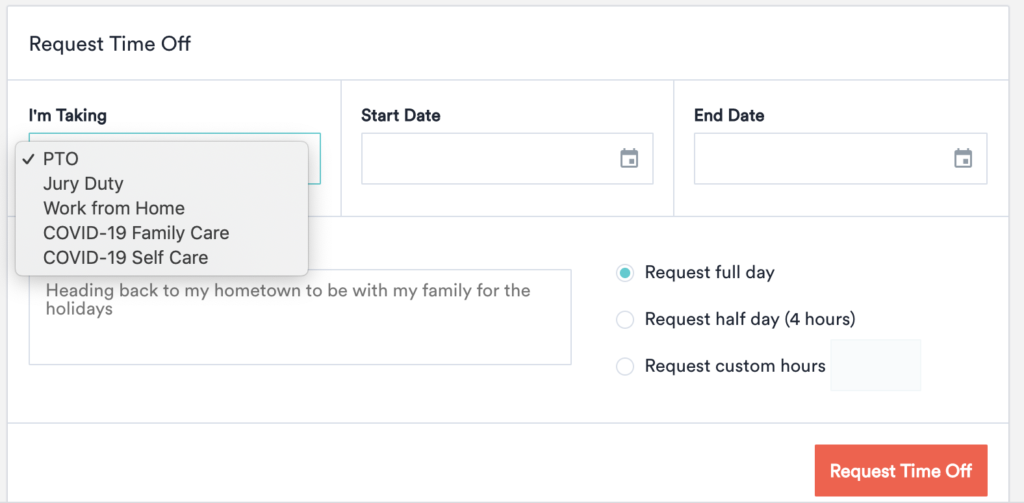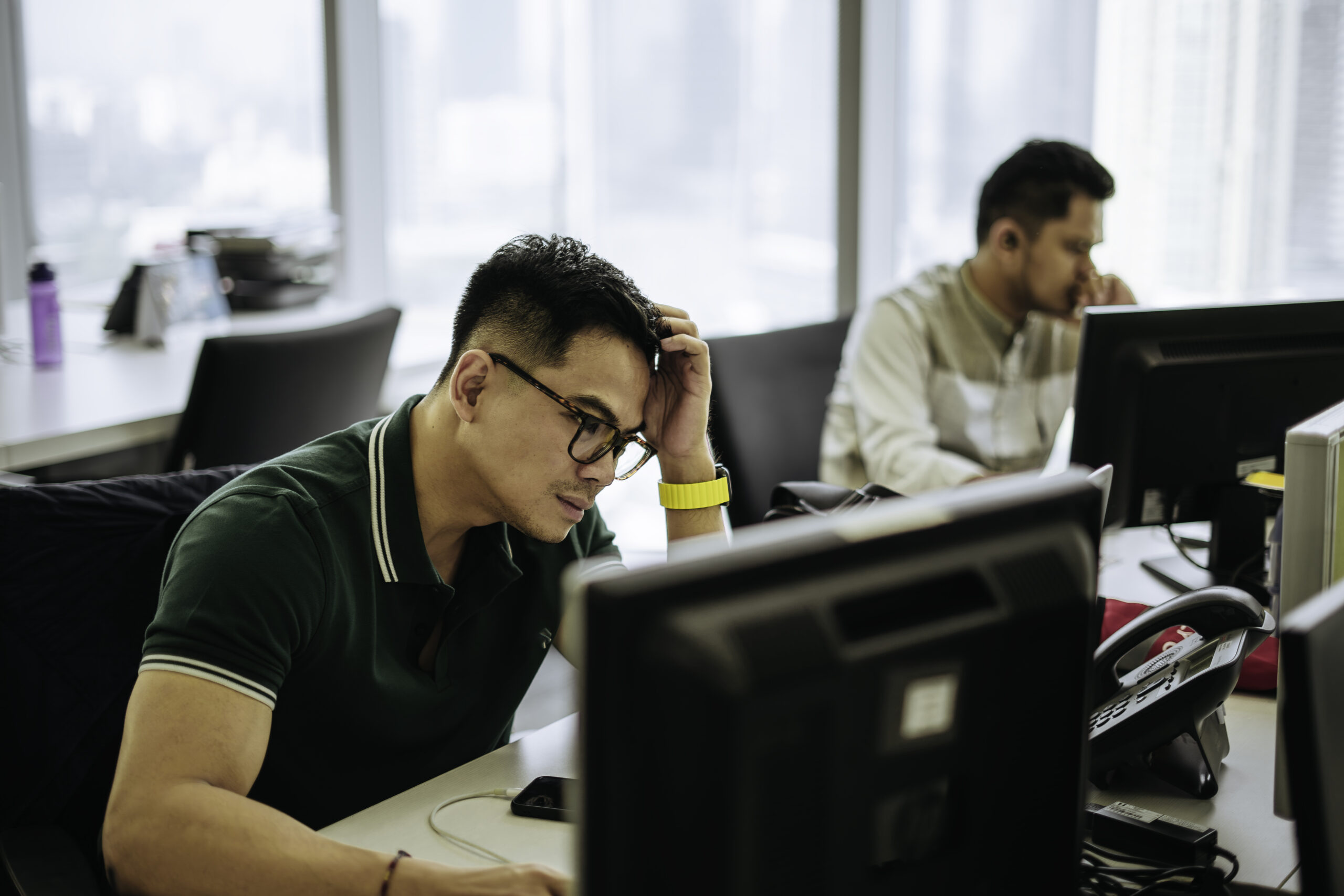Mental health is just as important as physical health. Right now, we’re all focused on taking physical breaks while working, increasing outdoor activities, and attending virtual workouts at home.
Organizations may already encourage or tell their employees to take a break when needed. But when back to back meetings are scheduled, and harsh deadlines are approaching, it pushes employees into working overtime. Now more than ever, employees need to mentally recharge and break away from work-related activities, even during the workday.
What is Mental Health?
Before diving into what employers can do to provide mental relief to employees, let’s define what Mental Health means? More recently, there has been more awareness around Mental Health, when the pandemic hit and during the most recent social injustices on the black community and the Black Lives Matter movement.
When an employee says they need a mental health break or day off, it doesn’t necessarily mean something is significantly wrong with their mental well-being. As a People Leader, you’d want your workforce to take a break and come back refreshed, fully recharged to conquer their productivity.
According to MentalHealth.gov, “Mental health includes our emotional, psychological, and social well-being. It affects how we think, feel, and act. It also helps determine how we handle stress, relate to others, and make choices.” If not done already, companies should encourage or at least start conversations around mental health, so that there is a common understanding of what it means and how it impacts day-to-day work.
Update Your PTO Policy to a Pandemic Friendly Policy
Whether you already provide unlimited PTO or three weeks with sick leave, there’s still more to be done during this time. Since everyone is working from home, employees are less likely to take time off, but the impact can lead to employee burnout.
In a recent blog post, we mention that the impact of remote work puts more pressure on employees to prove that they’re on top of their workload. This comes out of the fear that managers may think they are not as productive as they once were. With all the pressures employees might be experiencing, taking some time off can help their mental and emotional well-being. Encourage managers to encourage their teams to spend time off spending real, quality time with their families at home, or the people in their household.

HR/Leadership can add a COVID-19 or mental health care request to their PTO system. At Emtrain, we offer our employees “COVID-19 self-care” or “COVID-19 family care” as options for time off through our service provider. This encourages our teams to take care of themselves and others during a crisis and show that we care about their well-being. From a People Leader perspective, it’s helpful to know if employees are requesting time off throughout the pandemic. See if your service provider has these PTO options available for your company. Also, consider a company-wide day off, not tied to any specific holiday or event. That way, nobody will be on chat applications and send work-related emails to each other.
Increase Communication and Quick Check-Ins
Work from home is more exhausting now than it seemed pre-pandemic. Quarantine fatigue and video call exhaustion is increasing. The last thing we need is more video calls and back to back meetings scheduled on our calendars.
Nearly every week, there is a new update on COVID-19 and its impact on our states, counties, and cities. Rules and regulations are changing, and we are doing the best we can to follow CDC guidelines. Some of us are anxious to go back to office life while others are content with working from home. Regardless of your employee’s preference, they want to be in the know. On Monday they might hear that offices will and can reopen in a month, then two days later they hear something completely different.
During a pandemic, there is no such thing as over-communication from people leaders and managers. Your employees want to be in the know. They’re wondering when offices will reopen, if and when layoffs and furloughs will happen if employees get promoted, and any relief they can get during these trying times.
Ease your employees’ anxiety by being honest and transparent about what’s going on in the company. Additionally, train your managers to ensure they’re communicating with teams and have weekly check-ins. Even if new plans are not set in place yet, let them know it’s in the works. It’s essential to set realistic expectations.
Provide Helpful Resources that Address Mental Health
As HR and People leaders, we are not mental health and wellness experts. However, we can provide helpful resources that guide employees on how to take care of their mental well-being. At Emtrain, employees have free access to Whil, a mindfulness app to help employees reduce stress and improve their performance.
Business Insider has provided seven mental health day tips for employees during the pandemic, therapist approved:
- Deleting social media apps
- Taking more than one day off
- Set a timer to unplug
- Spend time outside
- Reconsider your home workspace
- Reaching out to loved ones
- Recognize that the day off will help you improve your productivity at work (necessary!)
Consider sharing these tips with your workforce and encouraging them to use this opportunity to take a mental break. Sometimes we get caught up in the day-to-day routine and workload that we don’t realize we need a real break until we get one.
For more best practices and tips on mental health and anxiety, check out some of the following resources:











